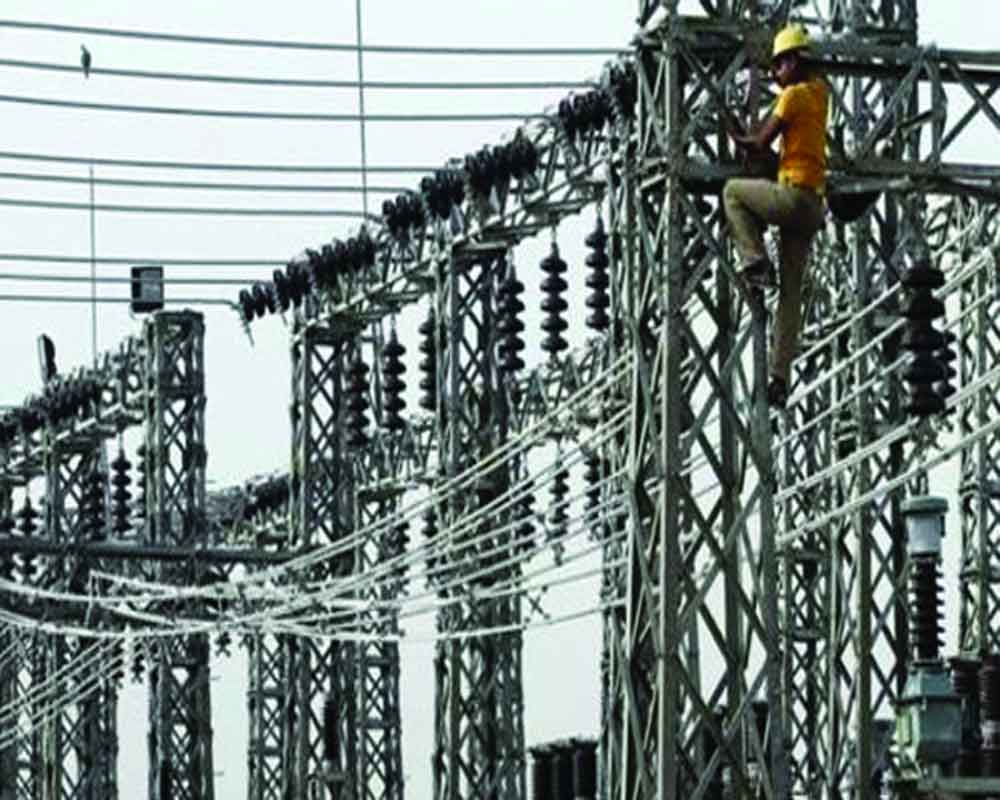With an eye on Assembly polls, the AAP govt offers free electricity but will it be enough to get Kejriwal another term?
They may look jaded slogans but when it comes to governance in Delhi, it is the classic bijli, sadak and paani (power, roads and water) issues which have worked in local elections. Particularly, the city’s power supply has been the most crucial swing factor for the continuity of regimes. Power reforms were the reason the Congress, then led by Sheila Dikshit, got mass acceptability between 1998 and 2013. Her focus was on improving the quality of power supply through privatisation of the electricity distribution sector. And when that frayed at the edges, the mess was a fertile ground for the Aam Aadmi Party (AAP) to emerge as a champion of people’s right to a good life. The party questioned the privatisation model, alleging financial irregularities by distribution companies (discoms) and suggesting a collusion between the Congress government and the discoms to keep tariffs artificially high at public expense. In fact, power reforms have found mention as a key plank and a promise of an affordable living index in all its manifestos. Not only that, AAP has consistently detailed its rationale for the tariff, revenue and distribution to justify its claims and ensured execution to gain popular vote. Chief Minister Arvind Kejriwal intends keeping it that way and as he seeks another mandate; he has not changed Delhi’s power tariff, calling it among the lowest in the country, and even announced free electricity for those who consume less than 200 units a month and a 50 per cent subsidy for those who consume till 400 units. The Delhi Electricity Regulatory Commission (DERC) also reduced fixed charges for most domestic connections by up to 84 per cent. The subsidy has, of course, been criticised many times about its broad-based nature that allows many of the privileged to claim benefits but that was revised last year to benefit the low consumption end. And Kejriwal has sweetened his latest announcement saying he has equalised free power for the poor with that of the city’s political elite. Some observers also point out that in the absence of a tariff hike, how is it possible to manage discoms with subsidy payments that will cost about Rs 1,700 to 2,000 crore additional expense. Despite these naysayers Kejriwal has admittedly scored on power infrastructure, improving the revenues and funds for power companies, eliminating red tape and ensuring almost zero power cuts. But this toggling between populism, vision and institutional viability can prove costly if exuberant enthusiasm is not curbed by rational discretion.
The AAP regime has consistently built social capital that has strengthened its electoral traction. Its improvement of the public school infrastructure, teaching standards and student performance has revolutionised the way we look at Delhi’s government schools. The “Happiness Curriculum” and the construction of new classrooms in government schools have received accolades globally. The doorstep delivery of services, the primary healthcare centres offering free consultations, the mohalla clinics, some regularisation of unauthorised colonies have all worked for the “common man’s” agenda. This despite AAP’s consistent run-in with the Centre on allocation of full statehood powers and constant delays on infrastructure projects pending clearance. But AAP is desperate for consolidation of its votebase, which has slipped to a dismal 18 per cent in the May Lok Sabha polls from about 33 per cent previously. It has even slid to third position in five Lok Sabha seats behind the Congress this time. The BJP’s vote percentage is at 56 per cent and following victories in the municipal corporation, it is hoping for a short-term cascading impact on the Delhi Assembly polls. But worryingly for AAP, the BJP, in its bid to end a power drought in Delhi, is intensively promoting a Mission 2020 campaign to ensure that the underprivileged pockets, slum clusters and the Muslim community are provided with the benefits of the Modi government schemes. It is this aggression in AAP territory that needs a far stronger counter-script from Kejriwal than just power reforms.


























